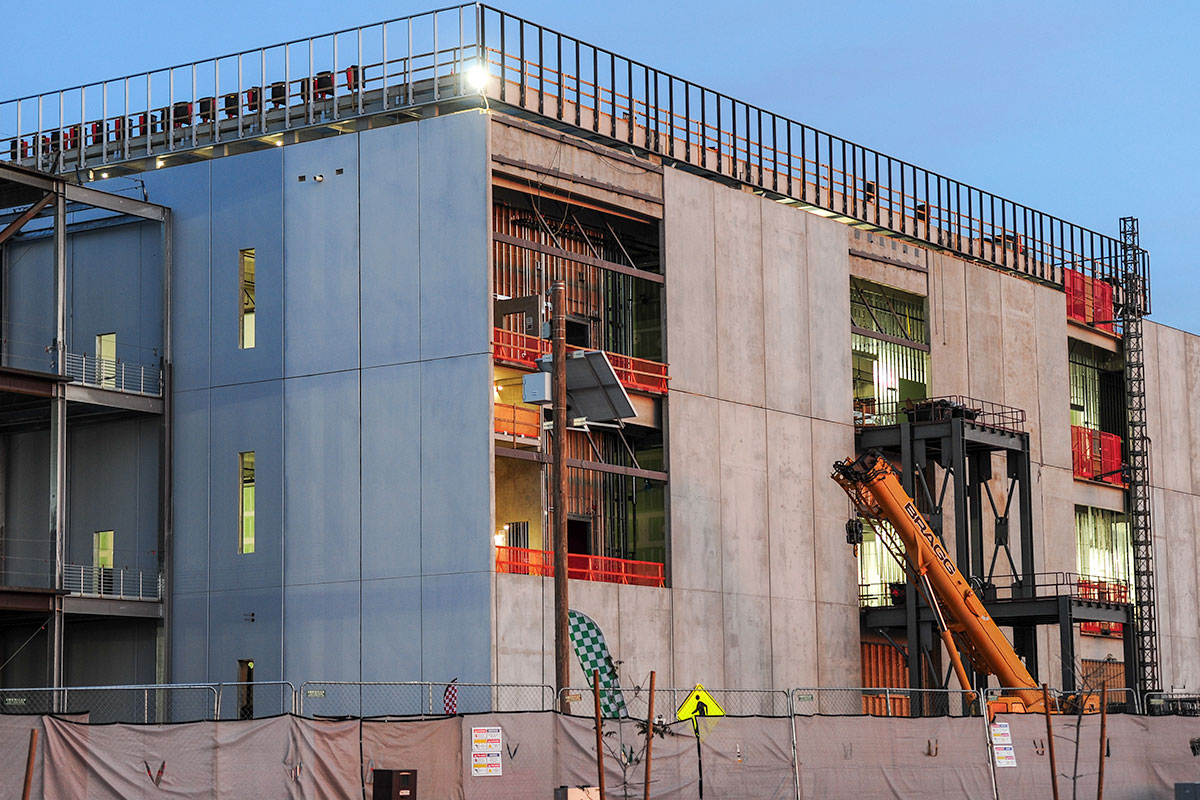The UK’s complex planning system has stifled data centre expansion for years by creating delays, ballooning costs and missed investment opportunities, with James Hart, CEO at BCS, urging the Government to implement reforms that could finally unlock progress.
Within the UK, some commentators have long argued that the planning process needs reform to become fit for purpose and more reflect the changing nature of the development environment and encourage economic growth. There are arguments that the development of data centres in the UK has been hindered by an overly complex planning system that has lacked clarity and often become politicised, particularly regarding large more complex projects.
Industry consensus on planning reform
Data centres do not fit easily into current UK planning use-classes which can create complications and allows local planning regimes to adopt different approaches to technical real estate planning applications. In our recent independent survey of 3000 senior data centre professionals, we asked respondents whether they believe this is impacting the operation of their businesses and what they thought of the recent announcements by the UK government around planning reforms.
Amongst our survey respondents, there is no doubt that the UK planning system is an area of concern, with almost two-thirds identifying it as a significant barrier to the development of data centres. Not surprisingly, our developers/investors (95%) and DEC professionals (89%) are most fervent in their agreement.
Need for change to be pushed through by UK Government
Recently, the new UK Government has chosen to address this issue within the context of wider planning reform. It has suggested that it would like to restructure the current system to accelerate the pace of large-scale infrastructure projects, revising the National Planning Policy Framework (NPPF). Additionally, they have announced that data centres are now classed as ‘Critical National Infrastructure’, putting it alongside energy and water supplies, transportation, health and telecommunications.
The move to label Critical National Infrastructure has proved a popular one; a majority 93% of our respondents reported that they welcomed such an initiative, perhaps believing it represents a sign of a more prominent profile for the sector under the new UK administration.
The UK Government has promised to lift the ‘planning barriers to new data centres’ and has issued a National Planning Policy Framework – currently out for consultation. The proposals would reform the way that the Nationally Significant Infrastructure Projects regime applies to data centres by speeding up planning consent, with proposals going directly to the secretary of state for a decision. This reform is to be welcomed and if enabled, would greatly aid the delivery of new UK stock in the future.
Move welcomed by data centre industry
The vast majority (92%) of our respondents welcomed the Government’s decision to reform the UK planning process, particularly supported by universal agreement from our developer/investor and DEC participants. The proposed revised NPPF is designed to address the challenges to delivery of stock, outlining the importance of the sector to the country in its consultation paper. In particular, it is focused on the contribution of data centres to the national economy, which in 2021 was worth an estimated £4.6 billion in revenue. This in turn is forecast to support a UK tech sector worth an additional £41.5 billion and around 678,000 jobs by 2025.
One element of the NPPF consultation suggests that local plans identify suitable sites or locations for data centres to be developed, giving explicit recognition to a requirement to provide support for proposals covering facilities and infrastructure such data centres. This is seen as a notable shift in policy around the support for data centre developments by simplifying the development cycle and thus encouraging investment to the sector.
A more streamlined process to planning
Furthermore, suggestions include the introduction of measures that would allow data centre developments to be consented under the Nationally Significant Infrastructure Projects (NSIPs) process, assessed by an Examining Authority in public and decided by the Secretary of State.
These NSIPs allow the streamlining of the planning process for large-scale infrastructure schemes of national importance as part of the Planning Act 2008. Currently these include utility essentials such as energy, water, wastewater and waste development projects, as well as transport. Data centres would be a notable addition to this elite list.
Power will remain a challenge, despite planning reforms
Despite this potential progression in the planning process, however, there remain some headwinds to data centre development, not least the concerns regarding availability of a suitable, renewable power source. As we have already noted, some 92% of respondents cite availability of power in either of the top two positions as the key driver to the location of their data centre expansion.
Indeed, in this survey 90% of our respondents agreed the single largest constraint on new data centre development in the UK is the limitations of power supply, with universal agreement amongst our developer/investor and DEC respondents that this is the case.
So, whilst planned improvements to the planning process represents a welcome reform for the data centre industry in the UK, it is vital that measures to ensure issues over providing a sustainable, renewable and secure power source are baked into that process.


